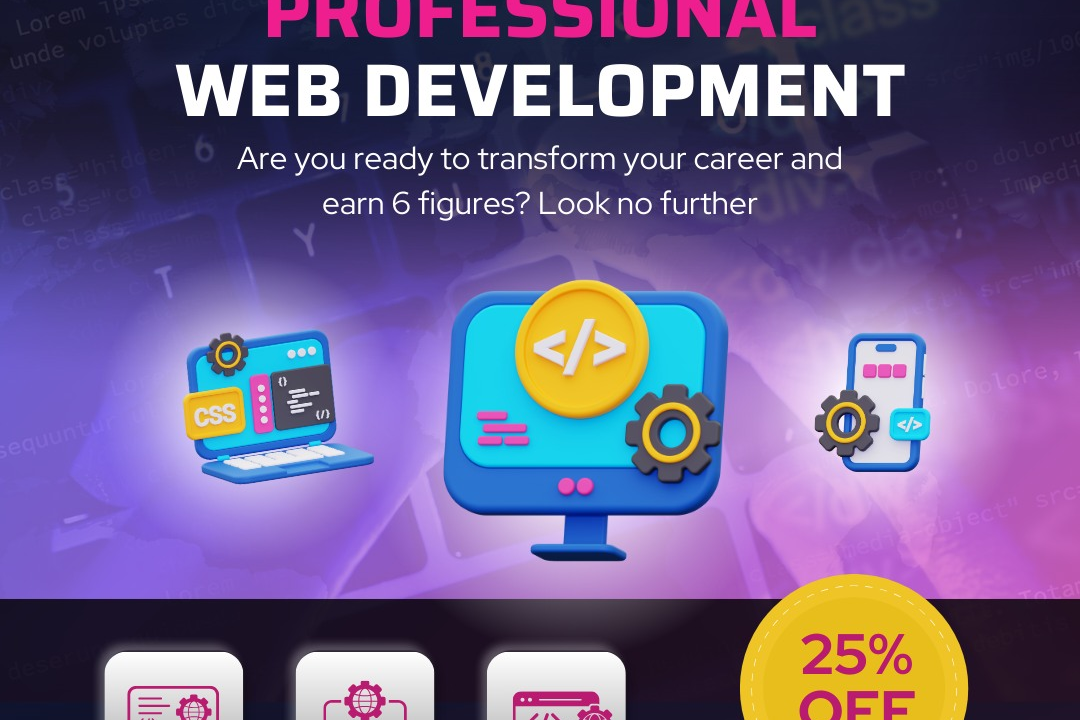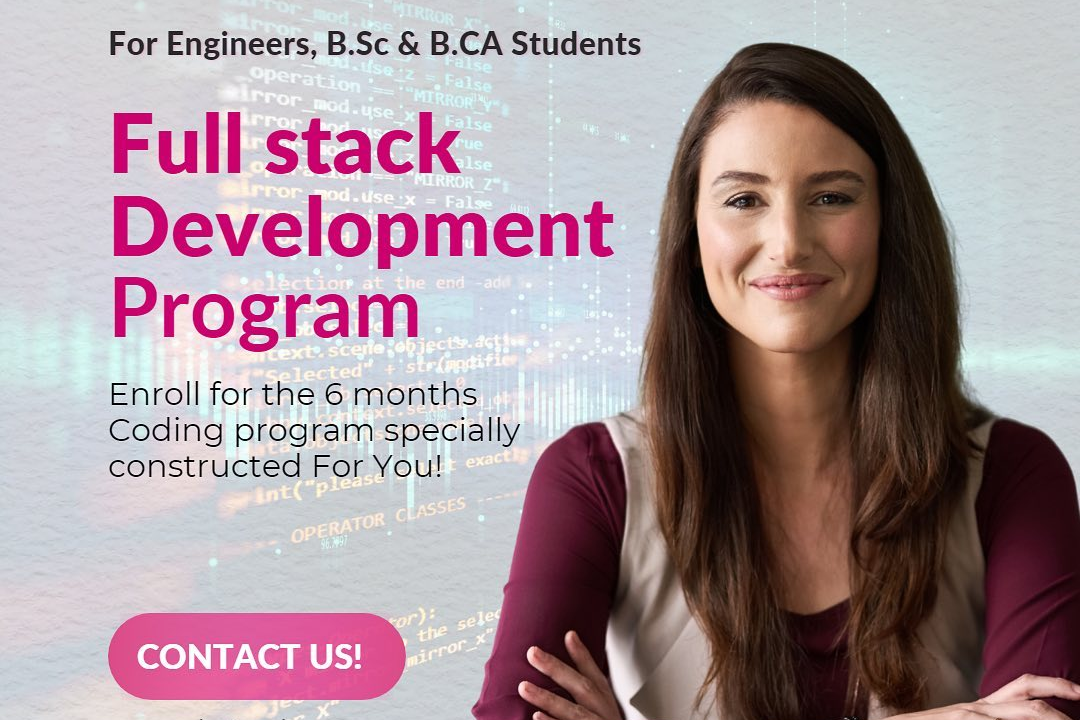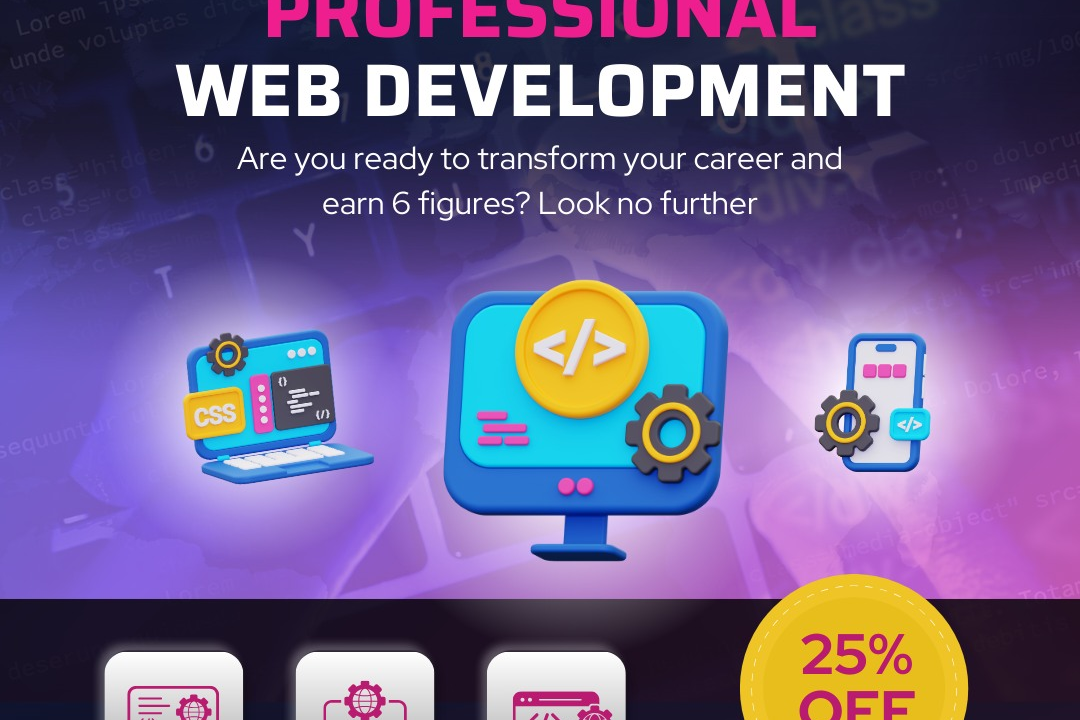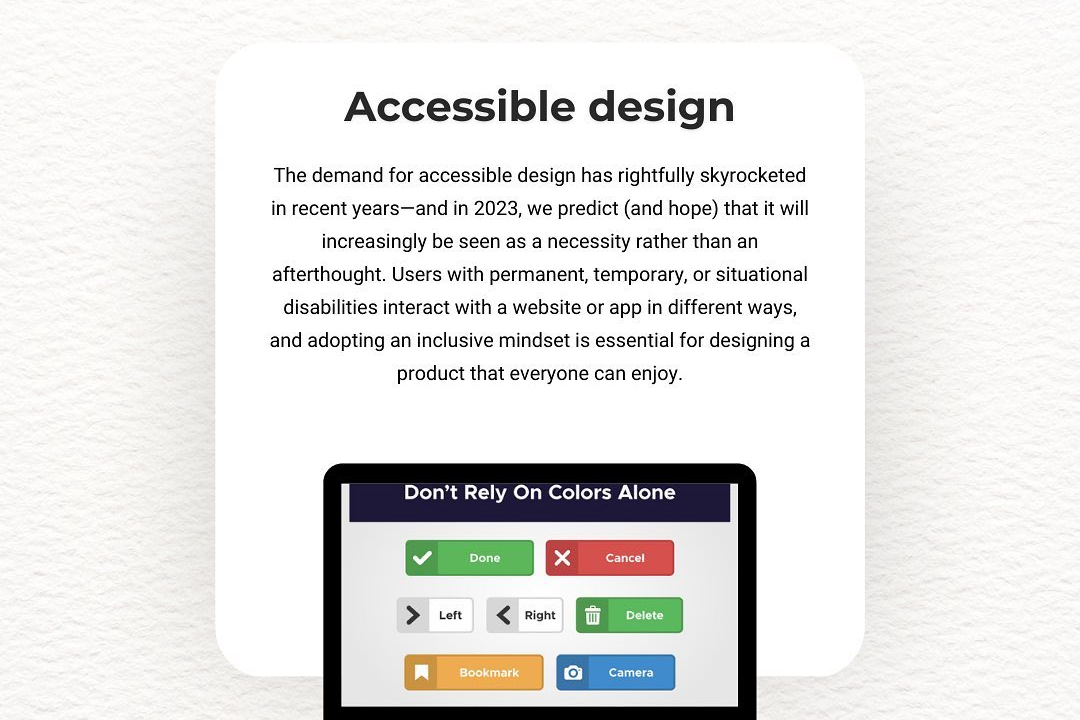Can I Get Php Programs Uotput Online
Yes, you can obtain PHP program outputs online using various online PHP compilers and interpreters.
Can I Get Php Programs Uotput Online
You can easily obtain PHP program outputs online using various web-based PHP compilers, which provide a convenient platform for writing and testing PHP code without needing a local setup. This is particularly useful for beginners who want to experiment with coding concepts and get instant feedback on their work. Additionally, these online tools allow developers to quickly validate snippets of code, share code with others, and collaborate on projects, all of which enhance the learning experience and streamline the development process. By providing an accessible environment for testing and learning PHP, these platforms empower users to refine their skills efficiently.
To Download Our Brochure: https://www.justacademy.co/download-brochure-for-free
Message us for more information: +91 9987184296
You can easily obtain PHP program outputs online using various web based PHP compilers, which provide a convenient platform for writing and testing PHP code without needing a local setup. This is particularly useful for beginners who want to experiment with coding concepts and get instant feedback on their work. Additionally, these online tools allow developers to quickly validate snippets of code, share code with others, and collaborate on projects, all of which enhance the learning experience and streamline the development process. By providing an accessible environment for testing and learning PHP, these platforms empower users to refine their skills efficiently.
Course Overview
The “Can I Get PHP Programs Output Online” course at JustAcademy is designed to introduce learners to the fundamentals of PHP programming and its practical applications. Participants will explore how to write, test, and debug PHP code using various online compilers, gaining real-time insights into their coding practices. The course emphasizes hands-on projects, allowing students to implement their knowledge in real-world scenarios, reinforcing their understanding of web development concepts. By the end of the course, learners will be proficient in utilizing online tools to efficiently create and optimize PHP programs, equipping them with essential skills for modern web development.
Course Description
The “Can I Get PHP Programs Output Online” course at JustAcademy offers a comprehensive introduction to PHP programming, enabling learners to write, execute, and troubleshoot PHP scripts using online compilers. This hands-on course integrates real-time projects that allow students to apply their skills in practical scenarios, enhancing their understanding of web development. By the end of the course, participants will be equipped to efficiently use online tools for PHP programming, making them well-prepared for careers in web development and software engineering.
Key Features
1 - Comprehensive Tool Coverage: Provides hands-on training with a range of industry-standard testing tools, including Selenium, JIRA, LoadRunner, and TestRail.
2) Practical Exercises: Features real-world exercises and case studies to apply tools in various testing scenarios.
3) Interactive Learning: Includes interactive sessions with industry experts for personalized feedback and guidance.
4) Detailed Tutorials: Offers extensive tutorials and documentation on tool functionalities and best practices.
5) Advanced Techniques: Covers both fundamental and advanced techniques for using testing tools effectively.
6) Data Visualization: Integrates tools for visualizing test metrics and results, enhancing data interpretation and decision-making.
7) Tool Integration: Teaches how to integrate testing tools into the software development lifecycle for streamlined workflows.
8) Project-Based Learning: Focuses on project-based learning to build practical skills and create a portfolio of completed tasks.
9) Career Support: Provides resources and support for applying learned skills to real-world job scenarios, including resume building and interview preparation.
10) Up-to-Date Content: Ensures that course materials reflect the latest industry standards and tool updates.
Benefits of taking our course
Functional Tools
1 - Integrated Development Environments (IDEs): The course introduces students to popular IDEs such as PhpStorm, Visual Studio Code, and Sublime Text. These powerful tools offer features like syntax highlighting, debugging support, and code completion, which enhance productivity and streamline the coding process. Students will gain hands on experience using these tools to develop, test, and debug PHP programs, making it easier to visualize their code and maintain organization in larger projects.
2) Web Servers: Students will learn how to set up and configure local web servers using tools like XAMPP or MAMP, which include Apache, MySQL, and PHP. Understanding how these components work together allows students to create a local development environment that mimics real world server configurations. They will practice deploying their PHP programs, testing outputs, and troubleshooting any issues, gaining valuable skills for future web development tasks.
3) Version Control Systems: The course incorporates Git, a widely used version control system, to help students manage their code effectively. Students will learn how to create repositories, commit changes, and collaborate on projects with branching strategies. By utilizing Git, they'll also understand the importance of tracking changes in their code and collaborating with other developers, which is essential in a team oriented, professional environment.
4) Database Management Tools: The curriculum covers database management using MySQL or SQLite, teaching students to connect their PHP applications to databases effectively. They will learn to write SQL queries to retrieve, manipulate, and store data. Understanding how to work with databases is critical in building dynamic applications, and students will engage in hands on exercises that reinforce these skills through real world scenarios.
5) Debugging Tools: The training program includes an introduction to debugging tools such as Xdebug and browser developer tools. Students will learn how to set up Xdebug to step through their code and inspect variables in real time. Moreover, they will explore browser developer tools to monitor network requests and analyze performance. Mastering debugging techniques will empower students to diagnose and resolve issues that arise during development, improving the overall quality of their programs.
6) Online PHP Compilers: To supplement their learning, students will explore online PHP compilers such as PHP Fiddle and 3v4l.org. These platforms allow students to run PHP code snippets without the need for a local server setup. Utilizing online compilers offers an excellent way for students to practice and test their code quickly and facilitates the experimentation of PHP functions while receiving immediate feedback on their outputs, which is vital for the learning process.
By integrating these tools into the training program, students gain a well rounded skill set that prepares them for real world web development challenges, ensuring they can effectively write, debug, and manage PHP applications in their future careers.
7) Frameworks and Libraries: The course will introduce students to popular PHP frameworks such as Laravel, Symfony, and CodeIgniter. Understanding these frameworks enables students to build applications more efficiently by utilizing built in functionalities, predefined structures, and best coding practices. Hands on projects will illustrate how to implement MVC (Model View Controller) architecture and take advantage of features like routing, ORM (Object Relational Mapping), and security components to streamline development processes for complex applications.
8) APIs and Integration: Students will learn how to consume and create APIs (Application Programming Interfaces). They will explore RESTful services and use PHP to interact with external APIs, allowing them to pull in data from other platforms or expose their application’s data. Real time projects will involve integrating third party APIs (e.g., payment gateways, social media APIs), which will enhance their ability to create interactive and user friendly applications.
9) Security Best Practices: Understanding security is critical in web development. The course will cover security threats such as SQL injection, cross site scripting (XSS), and CSRF (Cross Site Request Forgery). Students will learn best practices to secure their PHP applications, including data validation, sanitization, and using prepared statements for database interactions. Incorporating security measures into their coding practices will prepare students to protect user data and maintain the integrity of their applications.
10) Performance Optimization: The curriculum includes techniques for optimizing PHP applications for performance. Students will learn about caching mechanisms, database optimization techniques, and efficient coding patterns that can enhance application speed. They will explore tools like PHP Profilers to analyze performance bottlenecks and implement solutions that improve load times and overall responsiveness of web applications.
11 - Testing and Quality Assurance: The course emphasizes the importance of testing in the software development lifecycle. Students will be introduced to unit testing frameworks such as PHPUnit, enabling them to write test cases for their code. By understanding Test Driven Development (TDD) practices, students will appreciate how rigorous testing contributes to code reliability and maintainability, ultimately leading to higher quality products.
12) Deployment Strategies: Students will learn about various deployment strategies, including how to deploy PHP applications on shared hosting environments or cloud services like AWS and DigitalOcean. The course will cover continuous integration and deployment (CI/CD) pipelines, equipping students with the knowledge to automate their deployment processes. Understanding these strategies ensures that students can effectively transition from development to production while minimizing downtime and enhancing software delivery speed.
13) Responsive Design Integration: While primarily focused on PHP, the course will introduce students to the principles of responsive web design. They will learn how to integrate front end technologies such as HTML, CSS, and JavaScript with PHP applications. This knowledge will enable them to create visually appealing and user friendly applications that work seamlessly across different devices and screen sizes.
14) Project Management Tools: The course will familiarize students with project management methodologies and tools, such as Agile and Scrum practices, alongside software like Trello and Jira. These tools help manage tasks, collaborate with team members, and track project progress effectively. Understanding project management is key for working in teams and ensuring that projects are delivered on time and within scope.
15) Career Preparation and Portfolio Development: The program will include guidance on building a professional portfolio showcasing students' completed projects and skills. They'll learn how to effectively communicate their knowledge during interviews and what employers look for in PHP developers. By incorporating career oriented training, students will be better prepared to jump into their careers after completion of the course.
By expanding the curriculum with these points, students will not only develop strong PHP programming skills but also gain essential knowledge and tools required for successful careers in web development. This comprehensive training approach ensures they are well prepared to tackle the dynamics of the technology industry.
Browse our course links : https://www.justacademy.co/all-courses
To Join our FREE DEMO Session: Click Here
This information is sourced from JustAcademy
Contact Info:
Roshan Chaturvedi
Message us on Whatsapp:
Email id: info@justacademy.co
Power Bi Training In Malleswaram
sql School Power BI Training Video Download












